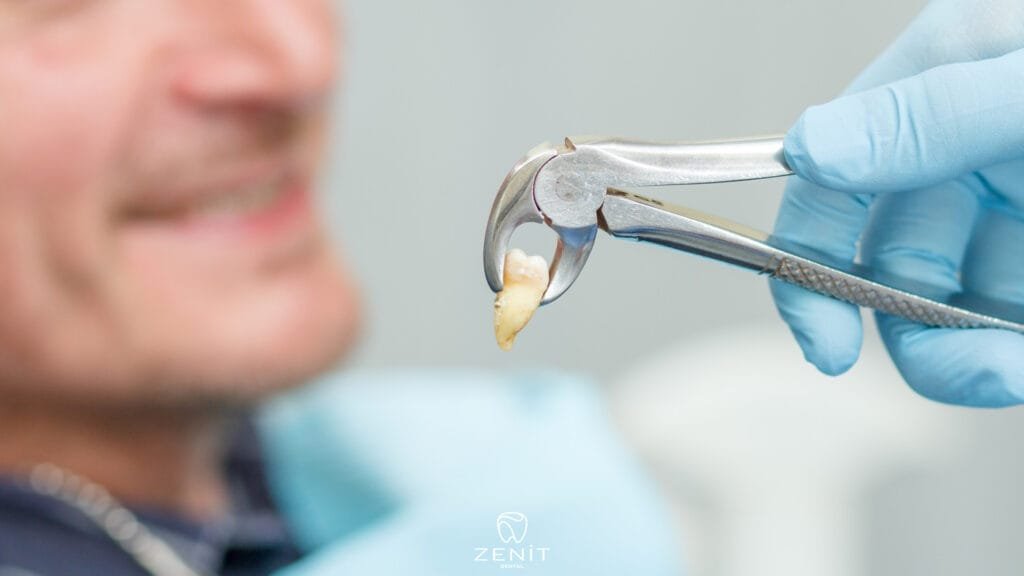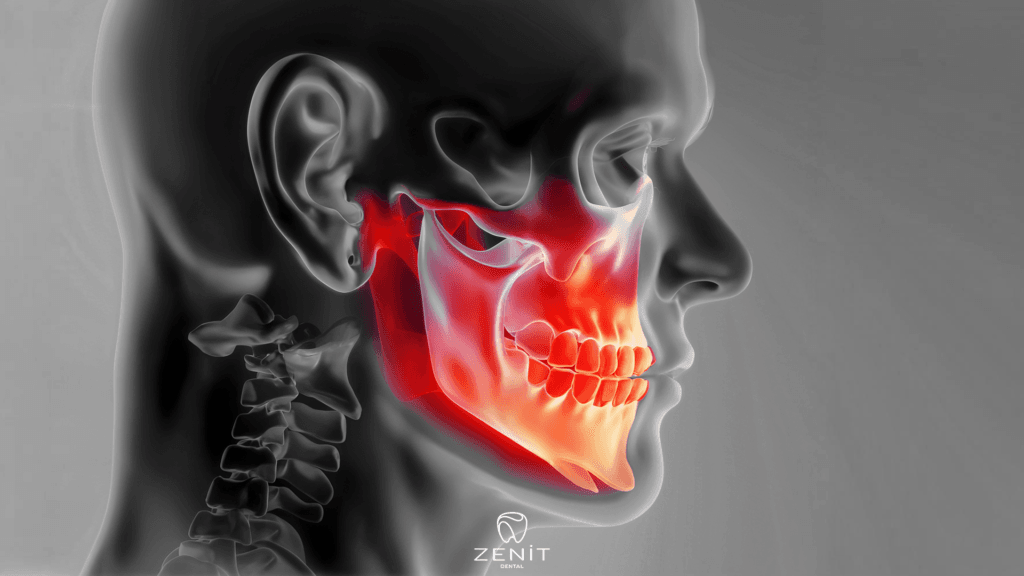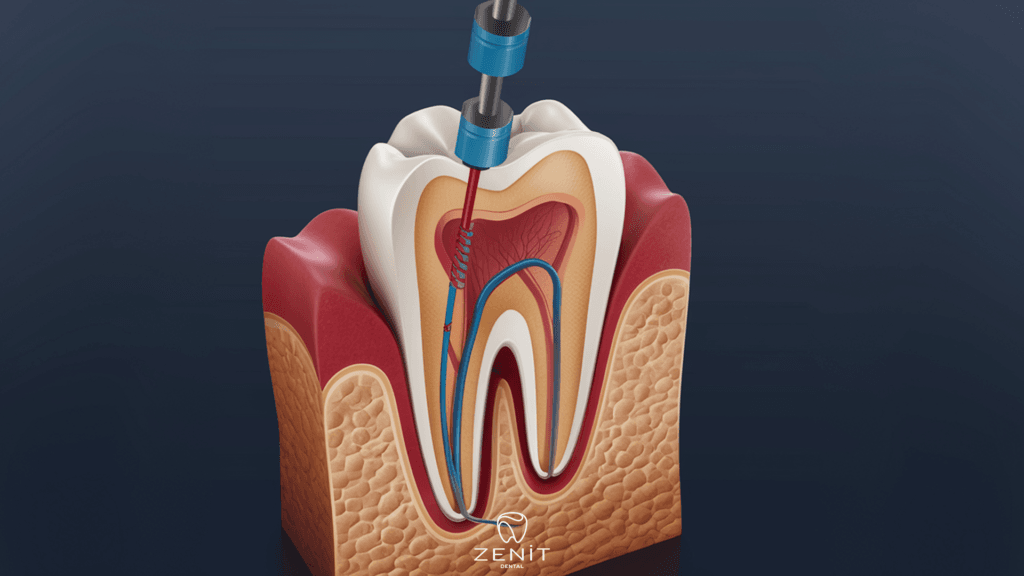Tooth Extraction
In today’s world, tooth extraction is a significant dental procedure individuals may encounter in their lives. Understanding the overall impact of dental health on general well-being, familiarizing oneself with the details of the extraction process, and knowing the precautions to take during the recovery period empower us with accurate information on this matter. In this comprehensive guide, we delve further into topics related to tooth extraction, exploring the reasons, types, process, post-extraction care, alternatives, and preventive measures.
Reasons and Types of Tooth Extraction
Tooth extraction is typically necessary due to conditions such as dental decay, gum diseases, jaw cysts, dental traumas, impacted teeth, or irregularities in tooth alignment. Extractions resulting from these reasons are generally classified as simple or surgical. Simple tooth extractions are suitable for cases where the tooth is close to the surface and are often performed under local anesthesia. On the other hand, surgical extractions require more attention and surgical intervention due to factors like the tooth being inside the jawbone or other complex conditions.
Tooth Extraction Process
Step-by-Step Examination This process usually consists of a series of steps, and these steps can vary depending on the treatment plan determined by your dentist and the condition of the tooth to be extracted. The first step involves evaluating the patient’s dental history and examining radiographic images. This is crucial for the dentist to make an accurate diagnosis and create an appropriate treatment plan.
The application of local anesthesia, numbing the tissues around the gums, is a critical step to ensure a painless procedure. Following anesthesia, the dentist gently extracts the tooth using specialized tools. While these steps may be sufficient for a simple extraction, in surgical extractions, the dentist may need to open up surrounding tissues more to complete the procedure. Surgical tooth extractions may require additional cuts and stitches to ensure the complete removal of the tooth.
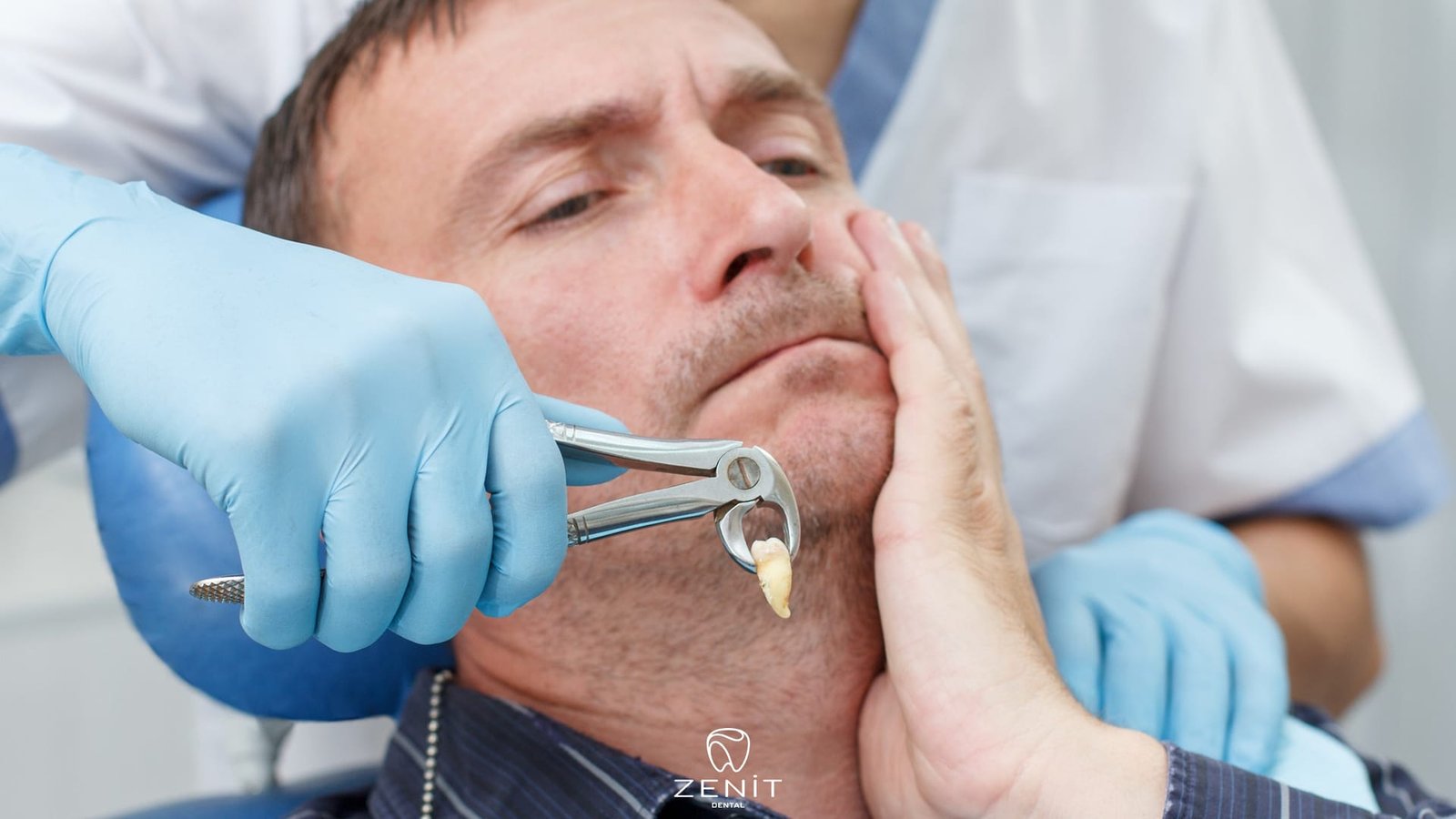
Another crucial stage in the extraction process is determining the options for prosthetics or implants to replace the extracted tooth. Your dentist will evaluate the options suitable for you in this regard and provide the most suitable solution according to your needs. This stage holds great importance for the patient’s long-term oral health and facilitates the correction of the function and aesthetics of the area left without a tooth.
Post-Extraction Care and Recovery Process
After tooth extraction, it is important for patients to follow appropriate care and precautions. Carefully following the instructions given by your dentist can help reduce pain and swelling. Key considerations during the recovery process may include the regular use of pain relievers, antibiotic treatment (if prescribed), and cold applications. To prevent complications that may arise during the post-extraction period, it is important to avoid touching the sutured areas and stay away from alcohol and smoking.
Dry socket is a painful condition that can occur after tooth extraction. To prevent this condition, it is crucial to fully comply with your dentist’s recommendations and be cautious during the recovery process. Additionally, using prescribed antibiotics regularly to prevent possible infections after tooth extraction is critical. In case of any abnormalities or doubts during the recovery process, it is important to contact your dentist immediately.
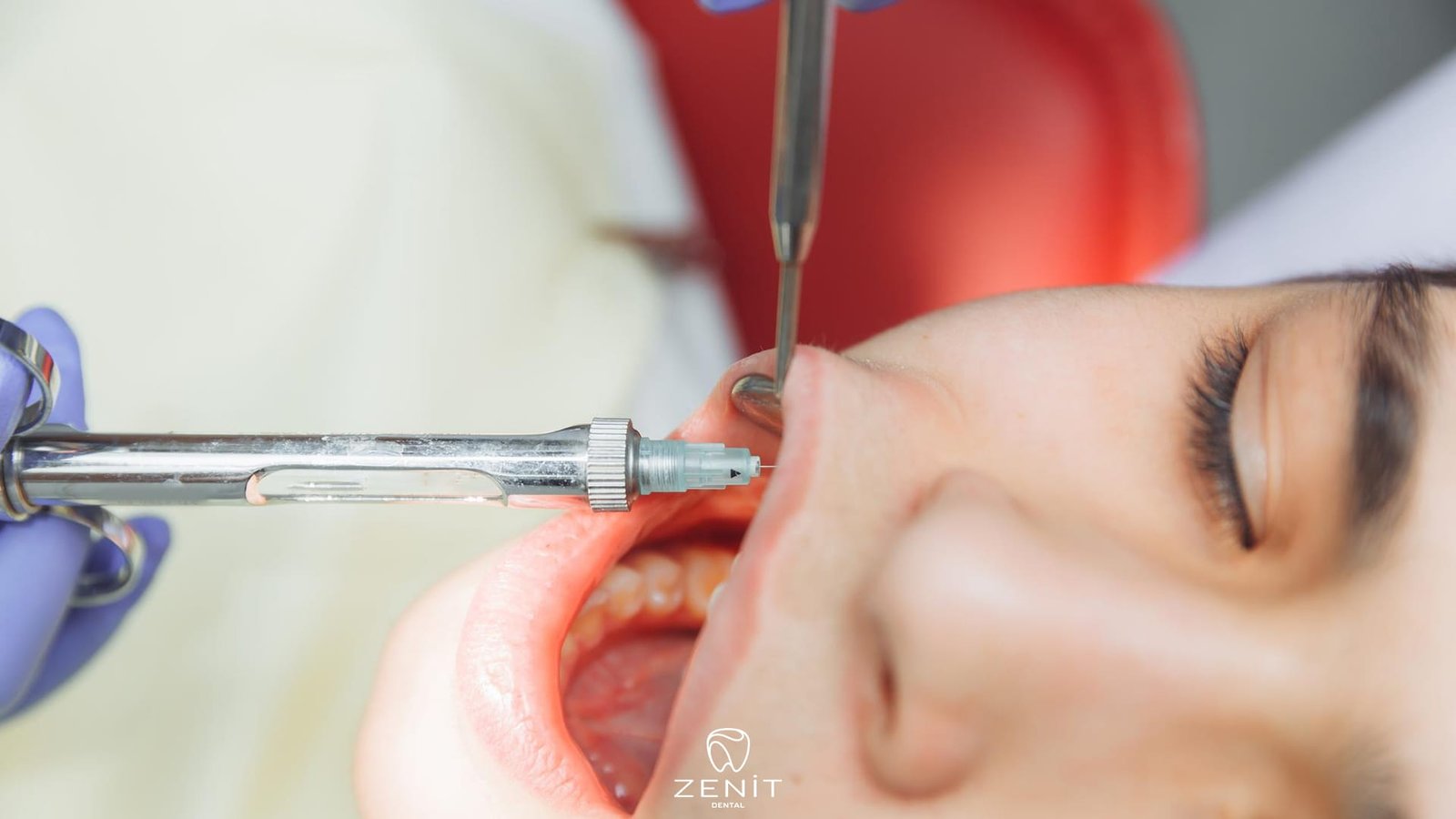
Post-extraction care is not limited to physical recovery alone; psychological and emotional healing are also crucial. Tooth extraction can be a stressful experience for many people. Therefore, maintaining open communication with your dentist, sharing your concerns, and having accurate information about the procedure are important. Your dentist can provide support through relaxing techniques or sedation options. Additionally, discussing your expectations and concerns about the procedure beforehand can help you be psychologically prepared.
Alternatives to Tooth Extraction and Preventive Approaches Before
Extraction, it is important to discuss alternative treatment options and preventive approaches with your dentist. Alternative treatment options may include tooth restoration, root canal treatment, implants, and orthodontic interventions. Your dentist will assess your dental health to determine the most suitable option for you.
Regular dental check-ups and maintaining good oral hygiene are among the most effective ways to prevent tooth extraction. Regularly seeing your dentist is crucial for early detection and treatment of potential issues. Additionally, developing habits such as brushing, flossing, and using regular oral care products to maintain your dental health can help reduce the need for extractions.
Long-Term Effects of Tooth Extraction on Dental Health
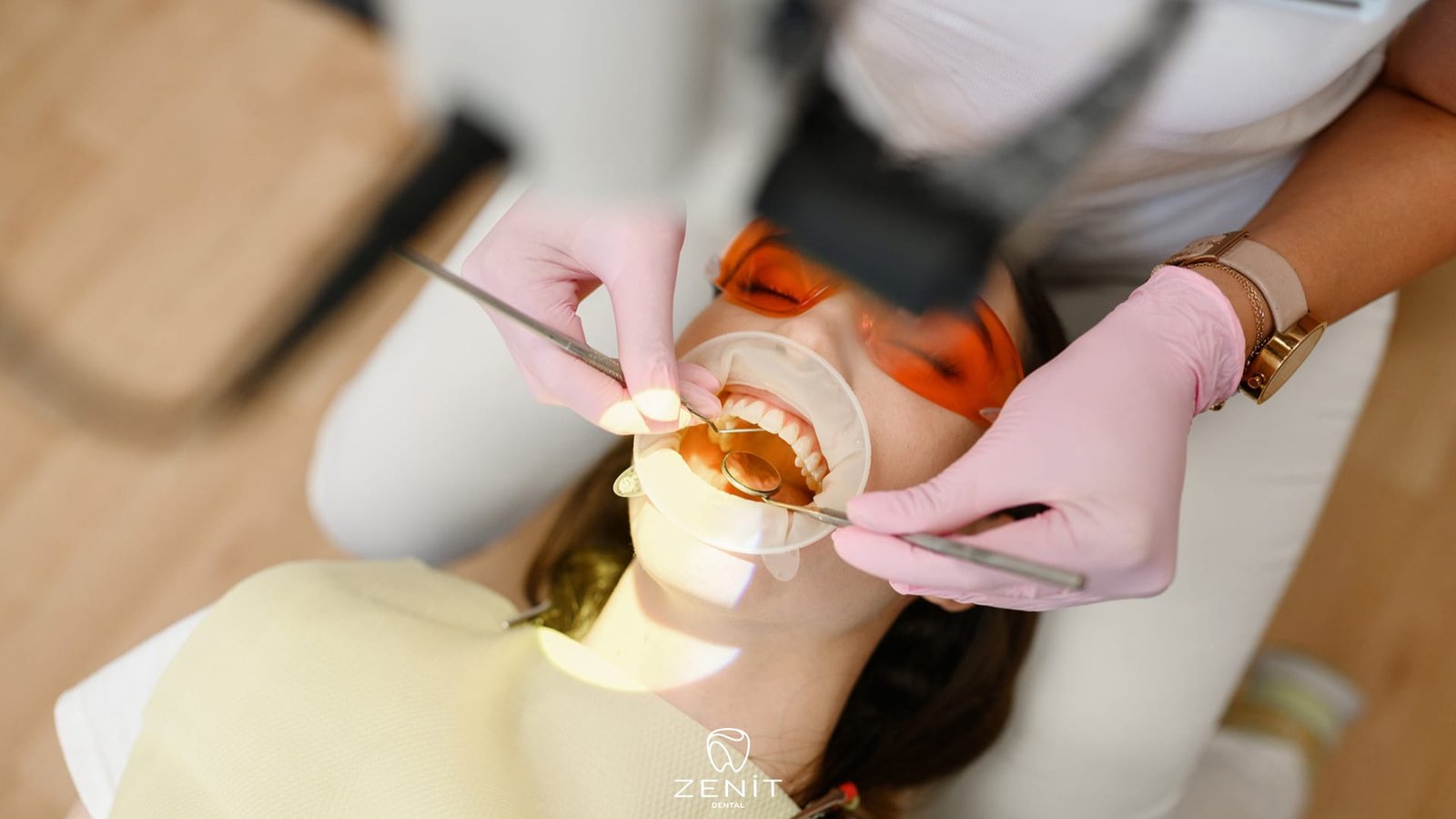
Tooth extraction may seem like a simple procedure involving the removal of a tooth, but this intervention can have various effects on long-term dental health. Tooth loss can impact not only aesthetics but also the jaw structure and may alter the position of surrounding teeth. Therefore, after extraction, it is important to consider appropriate options such as a prosthesis, implant, or other restorative treatments to replace the extracted tooth. Your dentist will guide you in this regard and provide the most suitable solution.
Conclusion
In this comprehensive guide, we have attempted to cover every stage of the tooth extraction process from beginning to end. Tooth extraction can be a different experience for each individual, so it is crucial to comfortably share all your questions with your dentist. Remember that attending regular dental check-ups, maintaining good oral hygiene practices, and establishing open communication with your dentist are important for preserving your dental health. The tooth extraction process can be a significant step in improving and maintaining your health, so managing this process with accurate information and guidance is essential.

